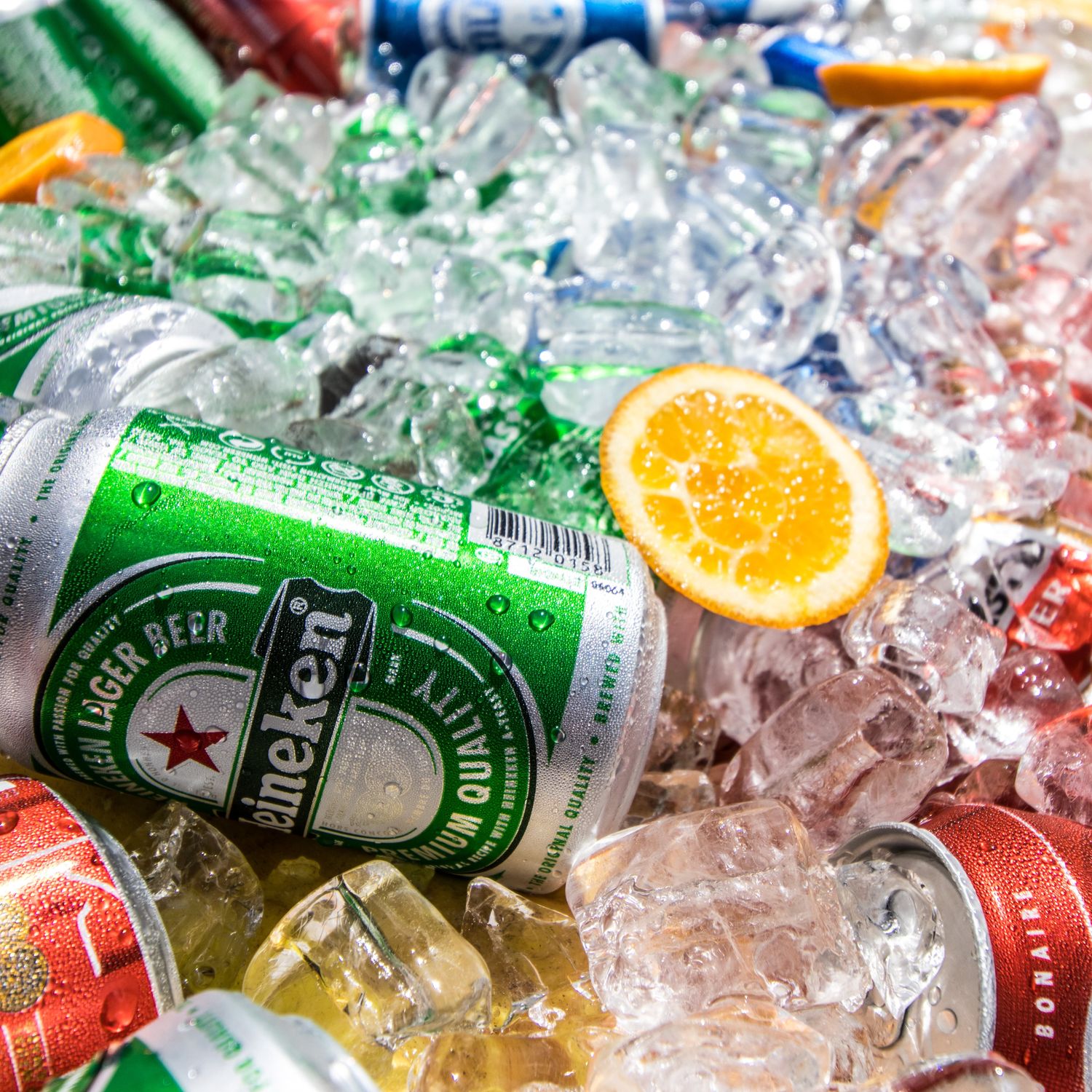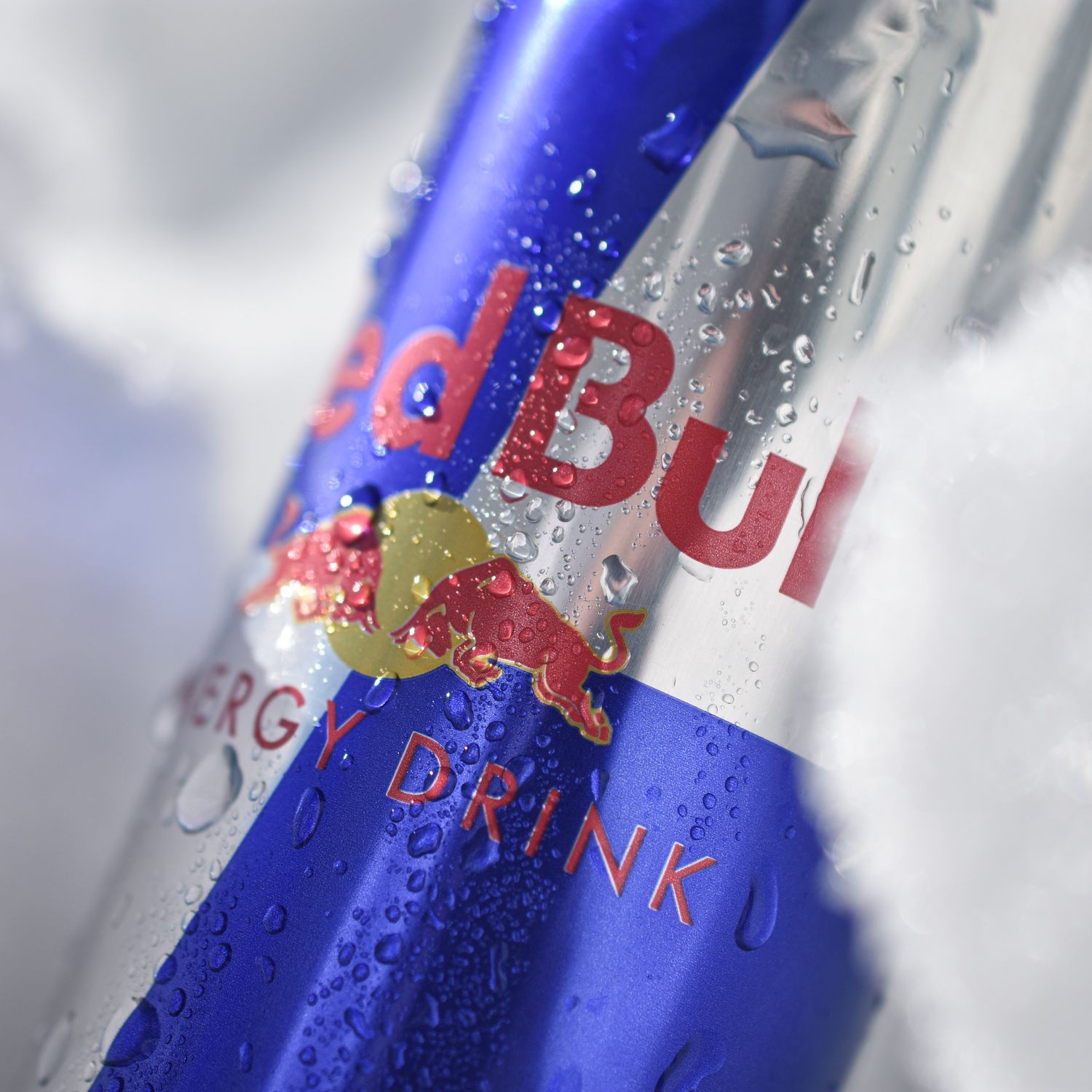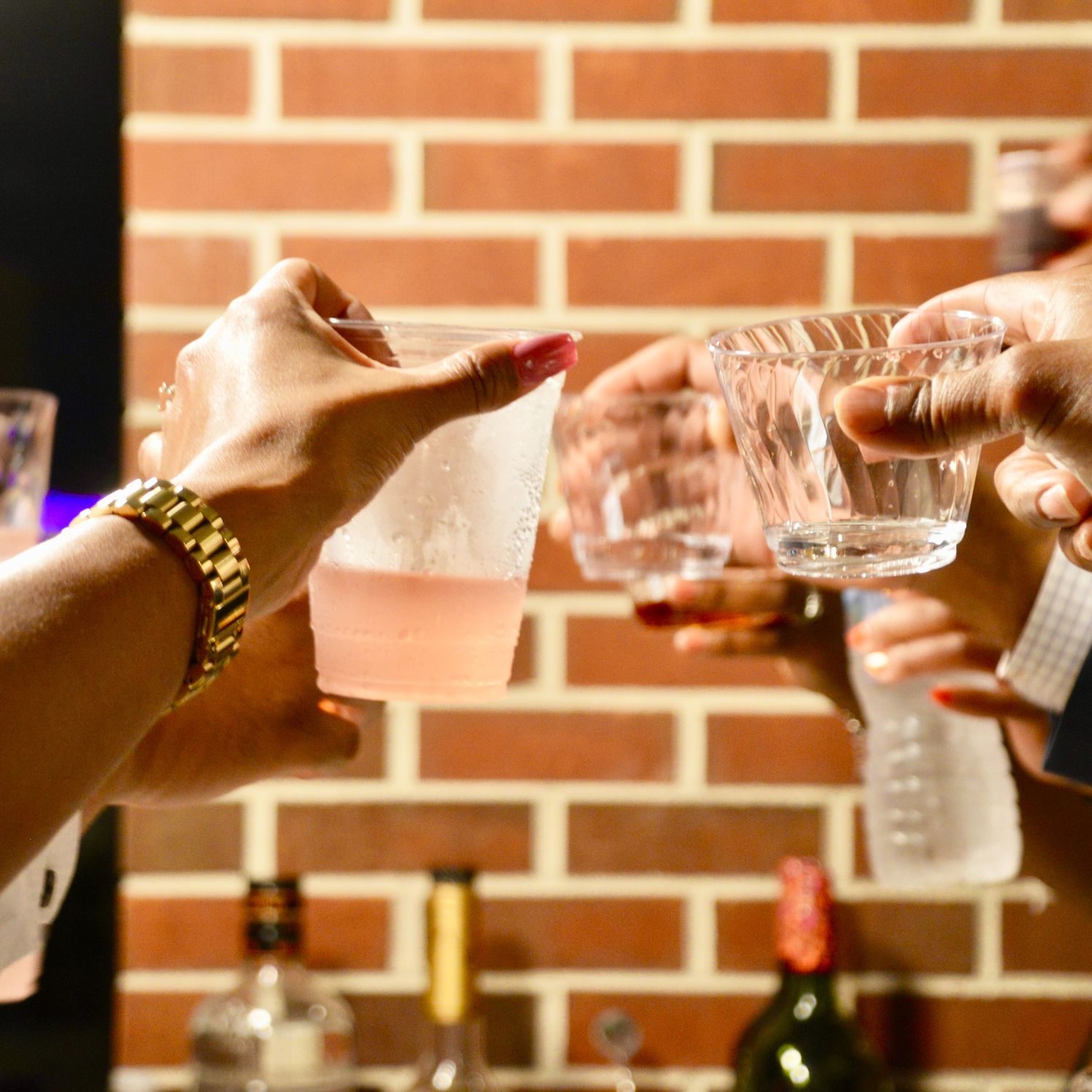0% alcohol, hit or miss in recovery?
When in recovery, it is up to the individual if they want to drink non-alcoholic beer and wine as well as highly caffeinated energy drinks such as Red Bull. Each person is different; however, most recovering alcoholics would argue that it might not be the best option to sustain sobriety.

It is often argued that it isn’t a good idea because the individual is seeking to receive the pleasure that alcohol may have given them before they went into recovery. Ultimately, the person is missing something and wanting to reminisce their past. This doesn’t help the individual to stay sober. It makes it difficult to create a life which doesn’t include alcohol. The person should be focused on starting a new life in recovery rather than dwelling on behaviours in the past. Therefore, these replacement drinks can have the power to hold the individual back from being successful in creating a new life and continuing sobriety.
As Sonja Pewter, Recovery Centre Manager at East Coast Recovery said: “It would be like getting a crackpipe and smoking some candle wax – you are trying to recreate something from the past.”
As mentioned above, it is down to the individual on their choices. For some it may be fine if it's for a celebration or on an odd occasion. Some people may argue that if it contains no alcohol at all that it won't impact someone's recovery.
However, ideally anyone who is an alcoholic should avoid 0% alcohol and high caffeine energy drinks. It is important to highlight the dangers of consuming these drinks.
For Sonja, she drank a lot of Red Bull when she was in early recovery. She emphasises how it destroyed her life even though she wasn’t using drugs or alcohol.
She said: “I was drinking it for relief, it is a stimulant and it became addict behaviour.”
With a good support network Sonja was able to stop drinking Red Bull after she had an experience where she felt the effects of drinking energy drinks excessively one night. The next day she was fuelled with anxiety and paranoia and realised that this wasn’t helping her in her recovery journey.

The marketing for 0% alcohol can often be misleading. This is especially prominent to individuals in recovery. In a way, it is false advertising as most of these drinks do include a small amount of alcohol. For someone who is not an alcoholic this won’t be harmful but for someone who is and/or newly into recovery it could be. If the individual doesn’t have a big support group around them or fully understand the dangers of these drinks it could be detrimental. It is important to remember that recovery is about changing behaviours.
Sonja said: “Recovery isn’t all about the substance, it is about trying to change behaviours. It is about realising what alcohol has done to your life and not trying to replicate that with other drinks.”
She continued: “if you’re drinking these drinks there is a high chance that you will start using/drinking alcohol again, this is because you are yearning something about drinking culture, you must let this go to recover.”
The argument that abstinence is the only way, is agreed by a lot of specialists and recovering alcoholics. If you use any type of mind-altering drugs or drinks this can pose a large risk of relapse. By altering your mind, even if it is not the drug or drink that you might have had a problem with, it will increase the chance of the person deciding to do something which they might not have done if the individual was sober.
Sonja commented: “it isn’t to be a party-pooper, its for the individuals benefit. To stay on track, it is most likely best to avoid 0% alcohol and energy drinks.”
It is important to look at your inventory and why you are doing what you are doing. Why are you seeking to drink these drinks? What does it represent? Is it the best thing to be doing for you?
Sonja said: “Even if I don’t have a problem with a certain type of drug or alcohol why would I want to take it to risk the chance of ruining my recovery. It is mind-altering, it changes your reality, who knows what the outcome could be.”
It is vital to understand why someone might be wanting to change their reality. There may be something wrong that they need to address. To be successful in recovery you shouldn’t dwell on the past and your old behaviours.

As the festive period is just round the corner, if you’re in early recovery what would be the drink of choice. Sonja’s go to is a Coca-Cola. The high sugar content still isn’t ideal, however, as long as it isn’t all the time it can be a good replacement for an alcoholic drink.
Whatever you get up too this festive season remember to stay safe. Think about your choices and behaviours. Spend the time with loved ones and support groups. Remember if you are struggling then reach out.

